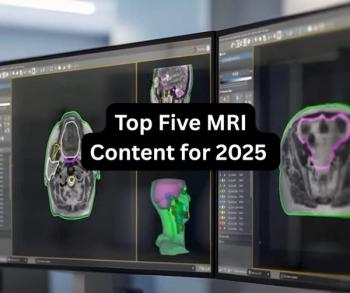
CardioGen-82 to Return to Market with Boxed Warning
PET imaging agent CardioGen-82 is returning to the U.S. market with a revised label warning of unintended radiation exposure risk.
PET imaging agent CardioGen-82 is returning to the U.S. market after last year’s voluntary recall with a revised label warning of unintended radiation exposure risk.
The U.S. Federal and Drug Administration (FDA) has approved
Bracco Diagnostics Inc. voluntarily recalled the generator in July 2011 after the FDA received reports of two patients receiving more radiation than expected due to a “strontium breakthrough” problem.
Last month, the FDA determined that the high patient exposure was likely the result of user error.
The revised labeling establishes new “alert limits” for strontium-82 (Sr-82) and strontium-85 (Sr-85) levels in the generator eluate. If the eluate reaches the alert limits, additional Sr-82 and Sr-85 eluate testing must be done, whereas before testing was limited to once a day.
The FDA reminds clinical sites to review and update the instructions for their dose calibrators to ensure proper isotope readings are performed in the eluate testing procedures.
Newsletter
Stay at the forefront of radiology with the Diagnostic Imaging newsletter, delivering the latest news, clinical insights, and imaging advancements for today’s radiologists.












